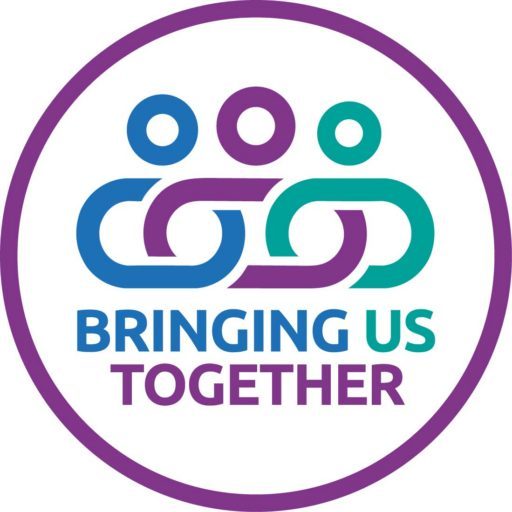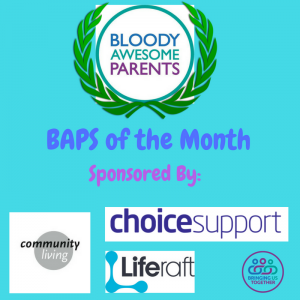Webchat – Post 16 provision and funding
 We were thrilled today to have Annabel MacGregor join us to answer questions on post 16 provision and funding.
We were thrilled today to have Annabel MacGregor join us to answer questions on post 16 provision and funding.
Here are the questions asked today, together with Annabel’s responses. Annabel is also going to write us a Top Tips post which we will share next week.
I am trying not to think too much about it as my son is now in school (and 6th form). However, he does want to go to college and I will have to stop work when he finishes and I will end up being his PA. That feels like my reality. What can I do to change that happening?
Make sure that your son’s outcomes are recorded at his statement reviews and are all transferred onto his EHC plan. Make sure that one of the outcomes relates to living as independently as possible, either in or away from the family home.
At the reviews you should have present someone from careers, the SEN team, social care and health if appropriate. They are the people that need to know what your son’s outcomes are and should be working with you and your son to put things in place to help him work towards whose outcomes. Make sure that everyone is aware that your son wants to live as independently as possible and you are not in a position to offer support long term due to work commitments. Have you got a local advocacy service who can attend reviews with you?
**************
Can you tell me what an apprenticeship actually is and could my son with a learning disability access one?
An apprenticeship is a job with training. The training element lasts anything from 1 year to 5 years depending on the level of apprenticeship and job role. Anyone can apply for an apprenticeship but the Government fund them differently depending on age so they tend to be accessed more by young people.
It is not an apprenticeship unless you are employed and the training can either be provided by the company themselves or by a training provider either on or off the company premises. Some people do a day release at college while others are trainined on the job. Either is OK and usually depends on what the employer wants.
The thing that makes apprenticeships difficult for people with LD to access is the academic requirements. A level 2 apprenticeship is where most people start and you have to be able to work towards literacy and numeracy at the same level so this could be a barrier that is difficult to overcome. It’s not impossible though and the right training provider and right employer could make this happen.
Talk to his careers advisor and make sure that his employment aspirations are detailed as an outcome in his statement/EHC plan. Do you have good supported employment coaches in your area? Go and talk to the disability employment advisor at the job centre and check out how Access to Work can help. Take up every opportunity for voluntary work that comes his way and keep persevering.
**************
What benefits is my child entitled to whilst they are in college and what happens with their social care funding if they are only in college 3 days a week. I am a working parent
If your child is on a full time college course and within the relevant age group you will still receive child benefit. They may also have DLA although if they are over 18 I think that they have to apply for it in their own right and may have to go through the new PIP process.
Depending on existing benefits they may also be entitled to a guaranteed bursary but speak to the college directly about that. You need to make sure that social care are aware that the course does not cover all the days over the week that you need so that you can work with them to provide the right support where required. This might be access to a service provided by the authority or a direct payment that you can use more flexibly to provide employment support, independent living skills, access to leisure facilities etc. College may also be able to support you to sort out a work placement for the other day/s.
**************
My young person is leaving college and wants a bit of a space (like a gap year) to consider his options. Will he be able to apply for funding to go back into college after a gap?
This is a difficult question to answer without knowing a bit more about the situation. I am going to presume that your young person has had a statement and now has an LDA as this does make a difference to how the funding works at college.
Make sure that when they leave college the LDA isn’t closed but is put on hold so can easily be resurrected if they do go back into some form of education or training. If they do go back to college the funding for the support will be dependent on what they are doing because funding will only be provided if the course helps them to meet their future outcomes so you will need to work with their careers advisor to ensure the outcomes are identified.
My advice to anyone thinking about a gap year is think about why you are doing it and how easy will it be to get back into education mode after the time off.
**************
My child is currently in residential placement and I am worried about his transition back home. It seems a long way off (only in yr 8 at the moment) but what do I need to consider in preparation for his transition.
Make sure that relevant services who support your child attend the annual reviews at school and your thoughts and concerns for the future once back home are recorded.
Talk to the people who will provide funding to support your child once back home and see if they can start attending reviews as well. In Calderdale we have a transitions social worker from adult services who can start to support young people from age 16.
Start thinking about thing a couple of years before needed as this gives plenty of time to sort out any specialist funding required.
If your child is likely to struggle with the change start bringing them home during their last year at residential to visit the any future providers to start the familiarisation process. Their usual support from the residential placement may be able to help with the visit and just keep a bit of consistency.
Make sure that the current provider provides good information about support needs, likes, dislikes etc and make sure it gets passed on to who needs it.
Talk to adult social services about possible options for living and careers for possible education or training providers.
Put together a plan with their outcomes at the end and break it all down into manageable chunks.
**************
We really appreciate Annabel giving up her time to answer the questions. Annabel has also offered to write us a top tips for families on post 16 provision and funding and we will share this as soon as we have it available.
Mum to three great kids, each with a different SEN.
Transplanted from the NW to the SE.
Co-founder and Director of Bringing Us Together







